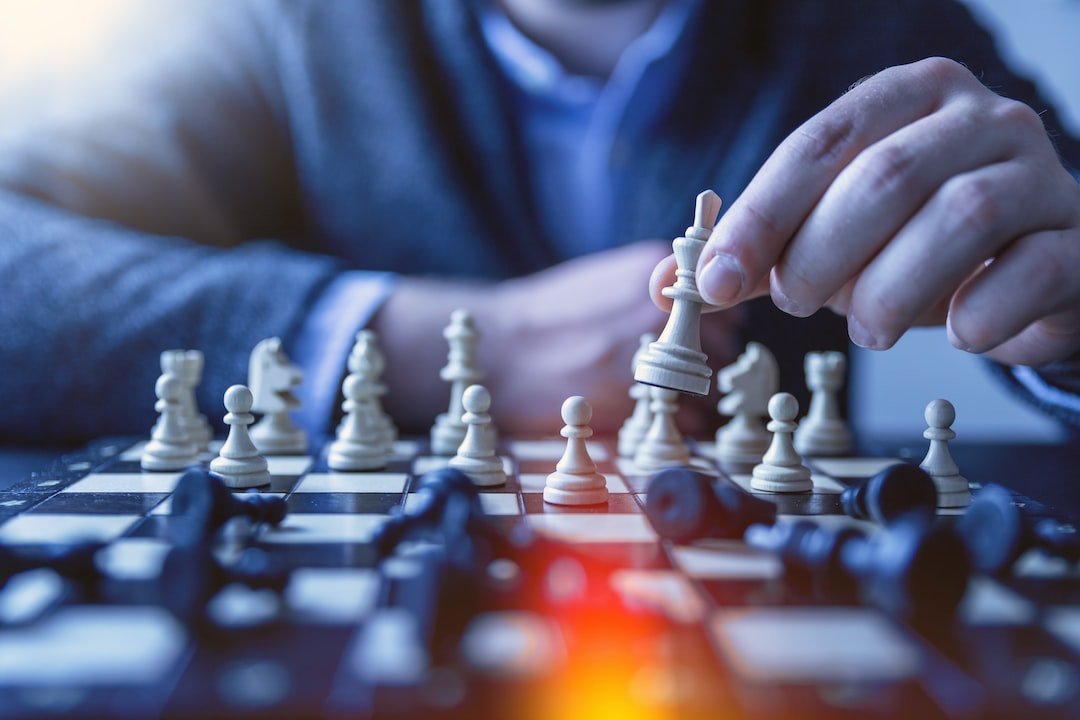Games have always brought people together since the early days of Atari consoles, board games, and arcade machines. As the gaming world evolved, an essential aspect emerged – the significance of gamer communities. This article explores the heart and soul of these communities, the resilience that players share, and the unique camaraderie spawned from their collective passion.
Table of Contents
Positive Effects of Gaming
Over the years, an increasing number of studies have highlighted the positive aspects of playing games. Participation in gaming activities has been linked to improved cognitive, social, and emotional skills. Moreover, players can develop better coordination, problem-solving, and strategic thinking through their gaming experiences. The following sub-categories describe more about positive gaming effects:
Cognitive Enhancement
Gamers often exhibit greater creativity and cognitive flexibility compared to their non-gaming counterparts. Playing games, especially puzzle-based games or RPGs, stimulates the brain and enhances learning capabilities.
Stress Relief
Engaging in gaming sessions may help individuals cope better with stress by providing a therapeutic outlet. Technology-based relaxation methods, including video games, can facilitate a fun and engaging escape from reality and alleviate negative emotions.
Origin of Gamer Communities
During the early days of gaming, people would gather around arcade machines, competing for high scores and bragging rights. As the Internet offered the capability to connect gamers worldwide, this highly-coveted social aspect expanded. Websites, forums, and social media platforms became the hub of these online communities, facilitating communication and engagement among like-minded enthusiasts.
Multiplayer Online Games
Massively Multiplayer Online Games (MMOs) and Multiplayer Online Battle Arenas (MOBAs) serve as the backbone of modern gaming communities. Titles like World of Warcraft and League of Legends create virtual worlds where players around the globe can interact and form bonds with each other.
Community Platforms
Applications like Discord and community-based webpages facilitate exchanges between players who share interests in specific games. These platforms provide forums for in-depth discussions, troubleshooting, and strategizing, thus strengthening the community as a whole.
Forging Lifelong Relationships
Gamer communities help forge connections that extend beyond the screen. They foster relationships built on shared experiences, collaboration, and understanding. Online friendships are just as meaningful and capable of offering genuine support when one struggles with real-world issues, like depression, anxiety, or loneliness.
Online Friends vs Real-Life Friends
Some may argue that virtual friendships can never replace in-person connections. However, many gamers report that their online friends offer them a level of openness, trust, and non-judgment not experienced in their offline lives.
Raising Awareness and Advocacy
Gamer communities can become influential entities in raising awareness for worthy causes, social issues, and advocating for what truly matters to players. Through crowdfunding campaigns, charity live streams, and awareness drives, they foster a proactive player base capable of inspiring change and supporting initiatives dear to their heart.
Competitive and Collaborative Environment
Healthy competition is an integral part of gaming, pushing players to improve and strive for greater in-game achievements. Through this competitive atmosphere, gamers forge connections with their opponents and foster relationships based on respect, mutual admiration, and sportsmanship.
Esports and the Competitive Scene
Esports has redefined gaming culture, elevating competitive gaming to an unprecedented level of professionalism, economic impact, and popular appeal. It inspires a sense of camaraderie among both casual and dedicated players, strengthening the ties that bind these communities together.
Mental Health and Gaming
As mentioned earlier, gaming can provide stress relief and aid in coping with anxiety or depression. The sense of belonging to a community can bolster one’s emotional well-being when faced with real-world challenges. This support network may come in handy during trying times.
Seeking Help and Support
While gaming and the communities built around it can provide valuable resources, it is important to recognize the limits of these support systems. Seek professional help if you or someone you know struggles with mental or emotional stress.
Conclusion
The power of connections cannot be underestimated in the gaming realm. Gamer communities hold tremendous potential to impact lives, foster relationships, and give players a sense of belonging. This phenomenon also brings the world closer, transcending geographical barriers and cultural differences. As technology advances and the gaming landscape continues to transform, one thing remains steadfast: the significance of genuine human connections within these virtual communities.



